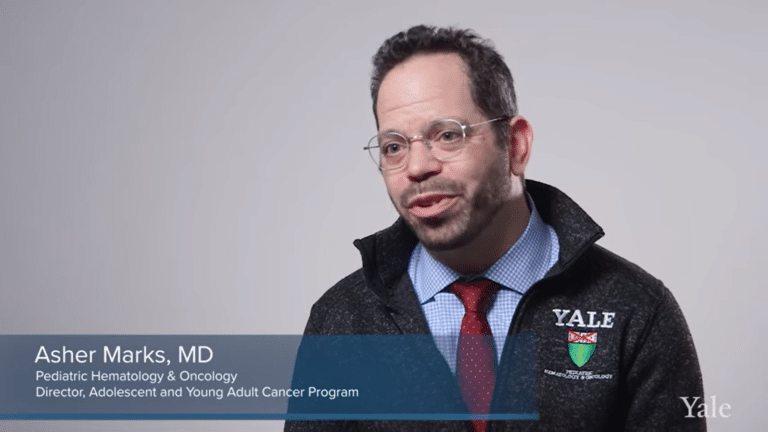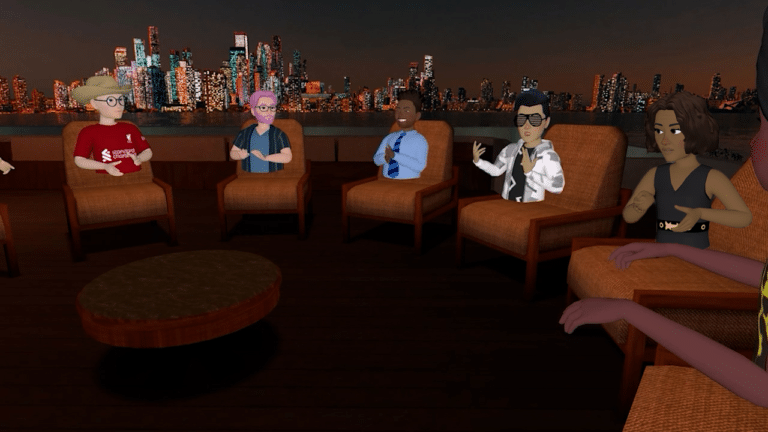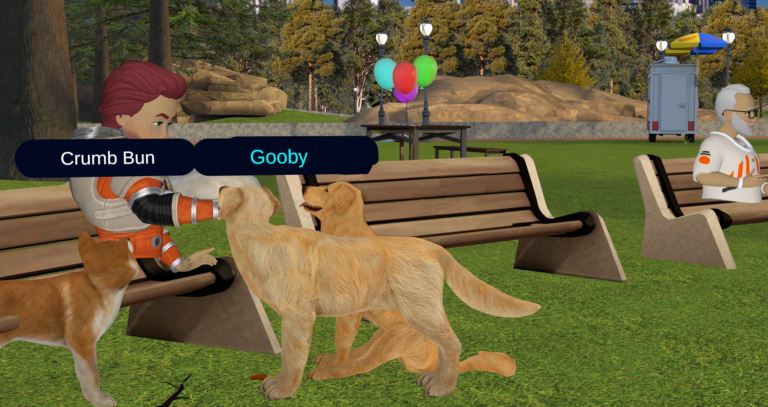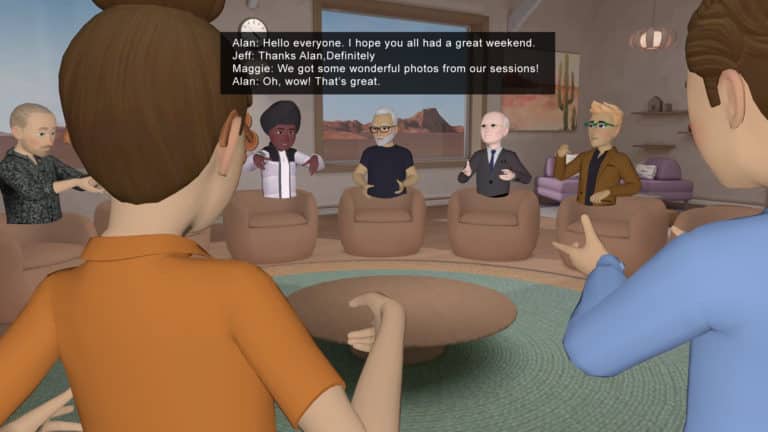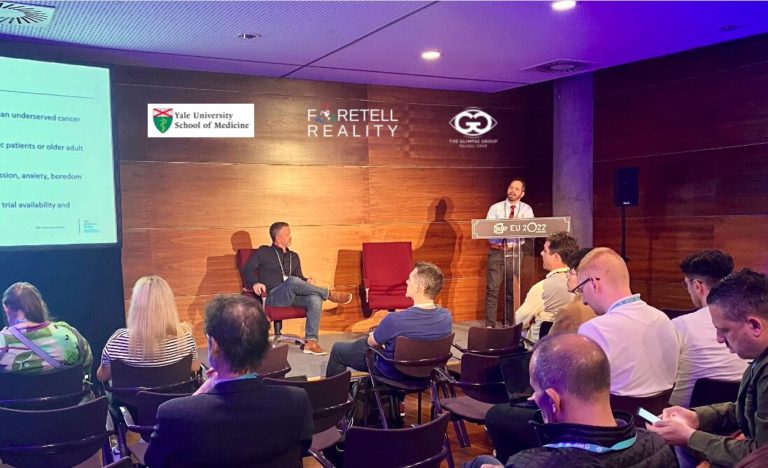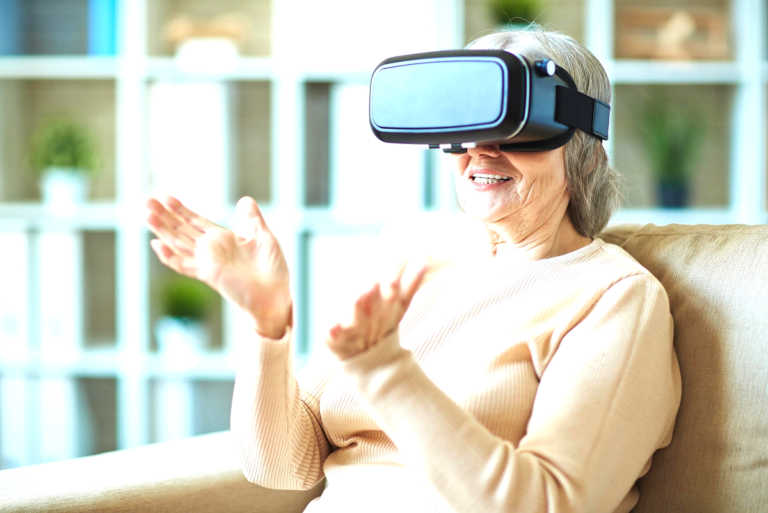
In yet another example about how our lives continue to be upended by COVID-19, a recent piece in the New York Times highlighted the particular challenges of Alcoholic Anonymous members who can no longer attend weekly, in-person meetings.
This is a major health issue given that meetings are central to recovery, and isolation, stress, and anxiety can all act as triggers to relapse. As the author notes:
“During a time ‘people who can drink normally’ — A.A. lingo for nonalcoholics — are stocking up on liquor, A.A. members, and there are some 2.1 million of us, are hellbent on keeping the meetings going,”
And to keep them going, many have turned to Zoom, attending meetings sometimes multiple times a day with as many as 50 other members in the room. While the author notes that the Zoom meetings can be “coherent and powerful” at times, she also highlights several shortcomings of video conferencing for these types of interactions.
The good news is that there is now an alternative to video conferencing. Support groups held in virtual reality (VR) address many of the shortcomings of video while providing additional benefits.
Below are excerpts from the article followed by observations of how virtual reality could improve the experience.
“In my experience, A.A. is about bodies in space — hugs, pats on backs, a tissue when you need it.”
One of the primary differentiators between video and VR is that VR is spatial. Unlike the ‘Brady Bunch’ grid of faces common in video chat, avatars sit in chairs in a life-like room. If I turn to the left, I see those sitting to my left. If I look up, I see the same ceiling as everyone else.
And though we are not quite at the point of replicating the feeling of a hug in VR, fist bumps, high fives, handshakes and other hand gestures provide haptic feedback. In other words, when I turn to my neighbor and we touch hands, I will feel a small vibration. And I can always pass a virtual tissue even if it is just a gesture of support.
“Of course, the applause was silent, since we were all streaming the meeting and we were all on mute.”
Unlike video chat, audio within VR is spatial. So if the person to my right is speaking, I will hear it first in my right ear and, when I naturally turn, the person’s voice will become a bit clearer and louder.
More importantly, voice in VR tends to be sharper than in video chats because audio levels and clarity channeled through a common device (the headset) versus being subject to the limitations of everyone’s unique microphones.
“In short order we have grown used to disclosing our intimate secrets into our laptop cameras, like a bunch of extremely earnest and fully dressed camgirls. It has been weird.”
One of the primary advantages of support groups held in VR is that all participants assume the identity of a personalized avatar. There is no need to stress about how you look on camera or whether the lighting is right or whether someone may walk into the room itself. Everyone in a VR support group is in a shared space with the same virtual views of one other and the environment.
“Still, knowing I’m on the internet discussing the most shameful part of my life, and changing my profile hastily to delete my last name, makes me freshly nervous about how candid I can be in this setting.”
With recent issues around video chat security (Zoom bombing) as well as the fact that anyone can take a screenshot at any time and reveal everyone who was in a meeting, it is understandable that privacy concerns exist when attending support groups remotely.
One of the primary advantages of virtual reality is that identity is fully protected through the use of avatars. Real world names and faces are not visible and hints about the real world location of the participant are not revealed through their camera.
“The memory of that gift, of how bad it once was and how, to my daily astonishment, good it is now, is what I get from the global network of rudimentary 3-D meeting spaces known as “the rooms.”
Virtual reality provides the closest experience to being in a physical room outside of actually being there. Whether the room is meant to be a realistic recreation of an actual meeting room or it is designed to instill calm and focus, the benefits that come with the familiarity and repetition of meeting in the same place each week can be replicated in VR.
“On Zoom, an icon appeared: another “hand” was raised, and the chair of the meeting unmuted someone, who displaced me in the center of the screen.”
Here, the author summarizes one of the biggest overall issues with video conferencing for support groups. The flow of conversation is disjointed and unnatural with the screen jumping from participant to participant based on them triggering their audio. This means everyone has to mute, then unmute and then re-mute every time they wish to speak.
In VR, participants are seated in a circle and anyone can raise their hand and speak at any time without displacing someone else on the ‘screen.’ This creates a much more life-like and free flowing space for interacting and sharing without distraction.
“I heard that alcoholics fear two things: Change. And the way things are right now. The trick is accepting both.”
Attending an AA meeting remotely is certainly a change but virtual reality can make that change feel less abrupt and unnatural. Even after this current situation has passed, here are plenty of people who can benefit from being able to join a remote support group in a realistic, familiar setting without fear of their privacy being compromised.
Foretell Reality is an enterprise VR solution for interpersonal communication and business collaboration. Learn more here.



